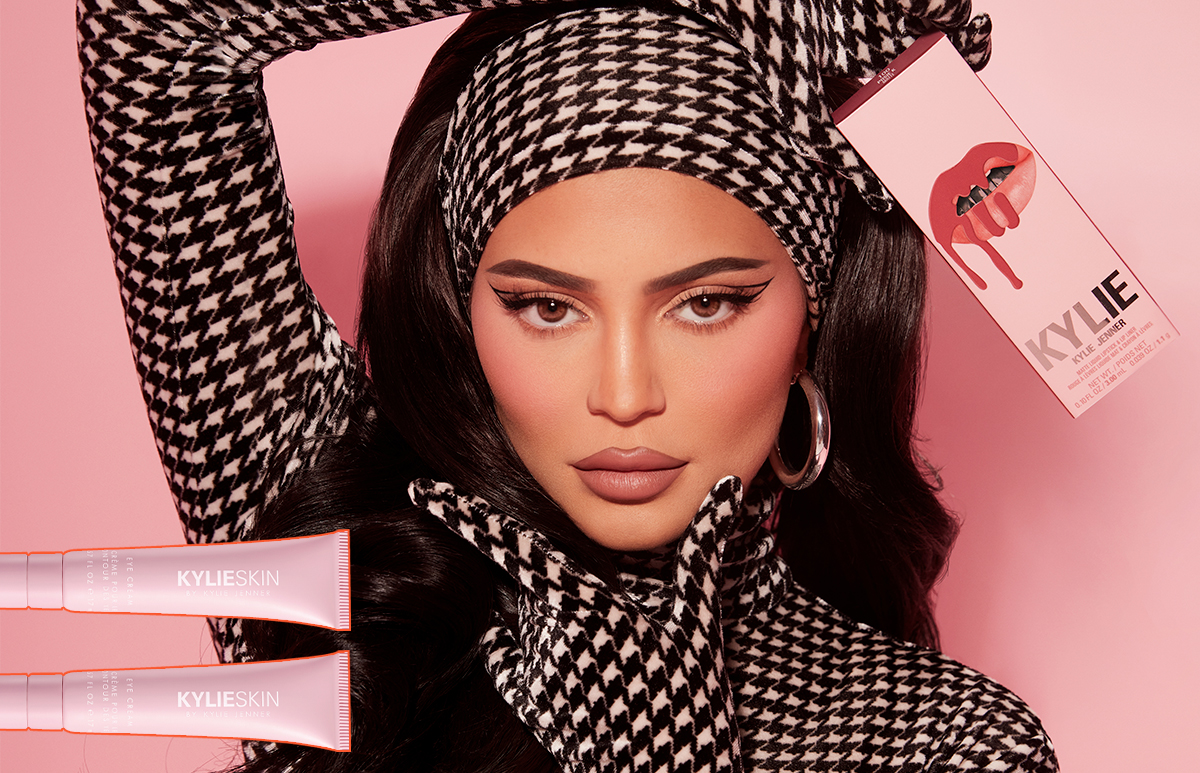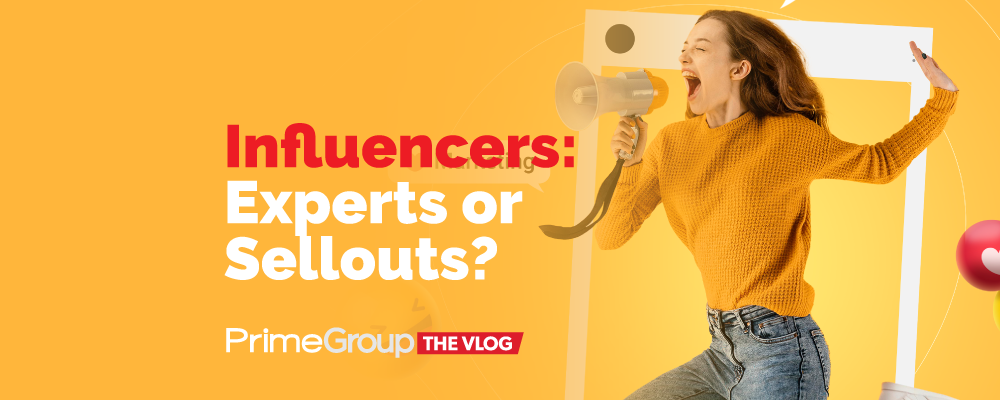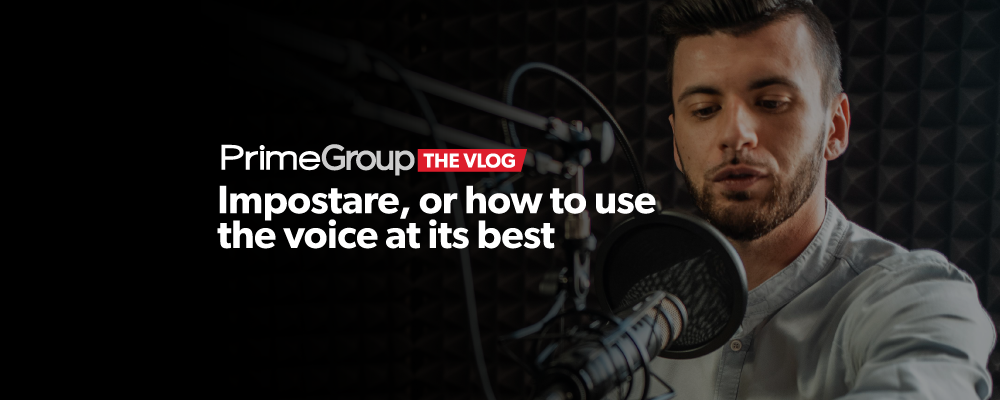Indeed, you follow some other influencer to look for that weekend plan, listen to advice to fix the car, improve your health, invest your money, settle in another country, or cook like a chef. They not only distract and amuse us, but we receive free information from them, but to what extent is it free? How reliable is that information? In other words, I wonder if the influencers will end up suffering the pressure of the marketing giants, who increasingly finance and therefore condition their content.
Influencers have built a large audience on social media through their interests and skills. They are often experts in their field and have a large following who seek their advice and opinions. But how have they become influencers?
Some, most, have captured their audience through years of work and dedication, creating quality content and building relationships with their audience. Others, a minority, I’m sure, have used more clever but unethical techniques like buying followers and likes to make themselves look more popular than they are. For a few dollars, you can buy thousands of followers. While this may work in the short term, fake influencers are exposed and lose their credibility in the long run.
The reality is that many influencers are experts in their field and can provide useful advice. Unfortunately, not all these gurus are objective because they receive money from brands and companies to promote their products, which can affect their credibility when giving advice and recommendations. Marketing pressure can cause influencers to promote products that may not be a good fit for their followers or may not be the best in their field.
The problem is when the influencer addresses issues of money or health, there you must be skeptical. For example, let’s take the case of an influencer promoting a detox diet that is extremely expensive, but has yet to be backed by solid scientific research. If the company that makes the diet pays the influencer, it is reasonable to fear that he is promoting a product that is not the best for its followers.
The truth is that influencers face incredible pressure from the companies and brands that finance them. For example, to comply with the sponsor from whom they receive a check, the influencer will be forced to follow specific guidelines or restrictions regarding the content they publish.
While there is more and more money for YouTubers, Instagrammers and TikTokers… there are more and more content creators who live off that advertising they sell. In other words, they have a clear relationship of mutual dependency.
According to Marketing Hub, 65% of European marketers plan to increase their influencer budget in the coming years. In addition, brands like Zara and Adidas have achieved great success in their campaigns thanks to the intervention of influencers. According to IAB Argentina, 77% of social network users in Latin America have bought a product or service after seeing it on Instagram.
Companies know that influencers are benchmark opinion leaders and have high credibility among their audience. If someone we follow on social media recommends a product, we are more likely to trust their opinion than a traditional advertisement. In addition, influencers often have highly targeted and engaged audiences, making it easy for brands to reach their target audience.

For example, the makeup brand Kylie Cosmetics worked with Kylie Jenner, one of the most famous influencers on social networks, to promote her products. The campaign succeeded as Jenner’s audience identified with the brand and trusts her opinion.
The problem arises when those corporations place conditions on the influencer. For example, some companies pay influencers for each “like” and positive comment they receive on their posts. This can lead them to publish content that is not necessarily quality but is popular and receives more likes and praise in the comments. The result is that followers may be seeing content that isn’t useful or informative but is designed to get more followers.
So how can we know when the information they provide us is reliable and when it is not? First, you must research and ensure that the content creator you follow has experience and knowledge in the subject he is dealing with. For example, if you’re looking for advice on healthy eating, look for someone who is a registered nutritionist or has an academic background in nutrition.
Second, it is essential to compare the information with other sources. This is the golden rule of every journalist, by the way. Refrain from relying on a single source for information, as it may be misleading or out of date. Research and read various sources to get a complete understanding of the topic.
Third, pay attention to influencer sponsorships and promotions. If an influencer is hyping a product, make sure that product is good and useful before you buy it. Because as we have said, if the influencer receives money for promoting this or that product or service, it is possible that his opinion is not totally objective, so take it with a grain of salt.
But mind you, I very much admire influencers! They give us answers to the specific concern we have about a thousand and one issues of our interest. But above all, they bring fresh air by democratizing the world of information and communication. Because the information in the press, radio, and TV media is less reliable than that of the influencers because all, absolutely all, those traditional channels follow commercial or political agendas. No wonder they lose audience. Also, many influencers are extremely funny and entertaining, providing us with content that makes our day. In most cases, influencers would have to be invented if they did not exist.



